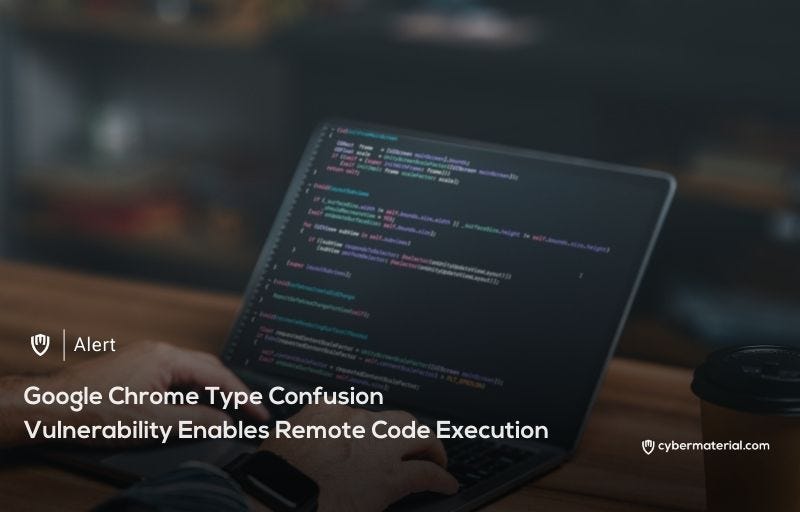
A critical vulnerability, identified as CVE-2024-12053, has been discovered in Google Chrome‘s V8 JavaScript engine, which could allow attackers to execute remote code on affected systems. This type …

A critical vulnerability, identified as CVE-2024-12053, has been discovered in Google Chrome‘s V8 JavaScript engine, which could allow attackers to execute remote code on affected systems. This type …